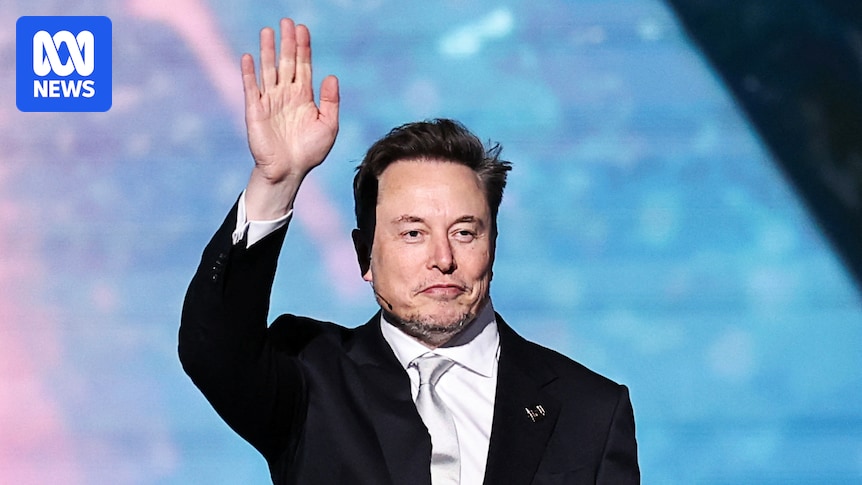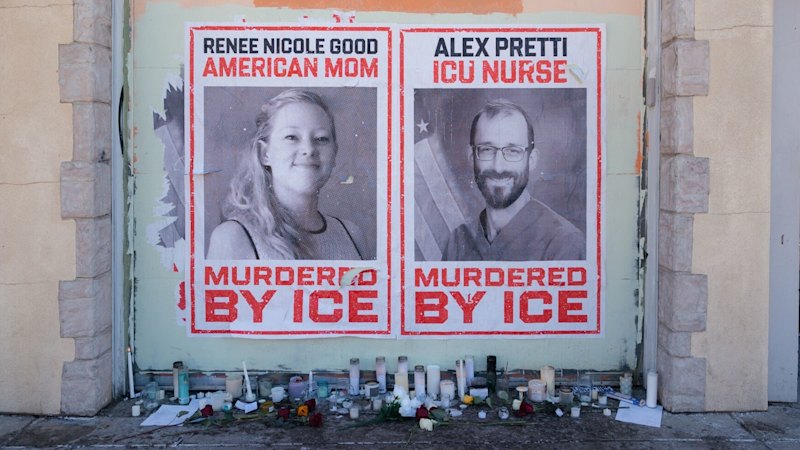
Elon Musk’s social media company, X, has accused French prosecutors of initiating a “politically motivated criminal investigation” that it claims threatens users’ free speech. The company has denied all allegations and announced it will not cooperate with the probe.
Earlier this month, Paris prosecutors intensified a preliminary investigation into X for suspected algorithmic bias and fraudulent data extraction. This escalation authorized police to conduct searches, wiretaps, and surveillance on Musk and X executives, or summon them to testify. Failure to comply could result in an arrest warrant.
“Based on what we know so far, X believes that this investigation is distorting French law in order to serve a political agenda and, ultimately, restrict free speech,” the social network posted on its Global Government Affairs account. “For these reasons, X has not acceded to the French authorities’ demands, as we have a legal right to do.”
Background of the Investigation
The Paris prosecutors’ office stated on Monday that it had requested access solely to X’s algorithm. It offered X a secure channel to share the information with investigators, who would have confidential access to the data, but the company has yet to provide an official response. Non-compliance with a judicial request can lead to penalties ranging from fines to obstruction of justice charges.
X claims the probe was instigated by Eric Bothorel, a French MP, who accused the company of “manipulating its algorithm for ‘foreign interference’ purposes,” an allegation X has labeled as “completely false.” Bothorel defended the independence of the French judiciary, stating, “It’s a concept that seems completely up-ended in the United States at the moment,” and emphasized France’s commitment to free speech within certain limits.
International Implications
The investigation into X could exacerbate tensions between Washington and European capitals regarding permissible online discourse. Elon Musk, a former ally of US President Donald Trump, has accused European governments of attacking free speech and has voiced support for some of the region’s far-right parties. Senior US officials have alleged that right-wing voices are being censored globally.
Meanwhile, the European Commission has been investigating X for breaching its digital transparency rules against illegal content, as outlined in the Digital Services Act, since late 2023. This adds another layer of complexity to the ongoing scrutiny faced by the social media giant.
Researcher Controversy
X reported that Paris prosecutors had requested data on all user posts for analysis by researchers David Chavalarias and Maziyar Panahi, whom X claims have shown “open hostility towards X.” Professor Chavalarias did not respond to requests for comment, while Mr. Panahi denied any involvement in the investigation.
“My name was mentioned by mistake, based on my previous research projects with David Chavalarias, none of which have ever had any hostile intent toward X,” Panahi stated in an email. “The fact my name has been mentioned in such an erroneous manner demonstrates how little regard they have for the lives of others … I will not hesitate to pursue legal action for defamation should I receive any form of hate speech.”
Looking Ahead
A spokesperson for X reiterated the company’s stance and criticized the investigation’s framing under organized crime charges, which could permit police to wiretap employees’ personal devices. This development highlights the ongoing debate over the balance between free speech and regulatory oversight in the digital age.
The outcome of this investigation could have significant implications for the relationship between technology companies and governmental authorities, particularly in terms of data privacy and algorithmic transparency. As the situation unfolds, it will be crucial to monitor how these dynamics influence global discussions on digital rights and governance.






